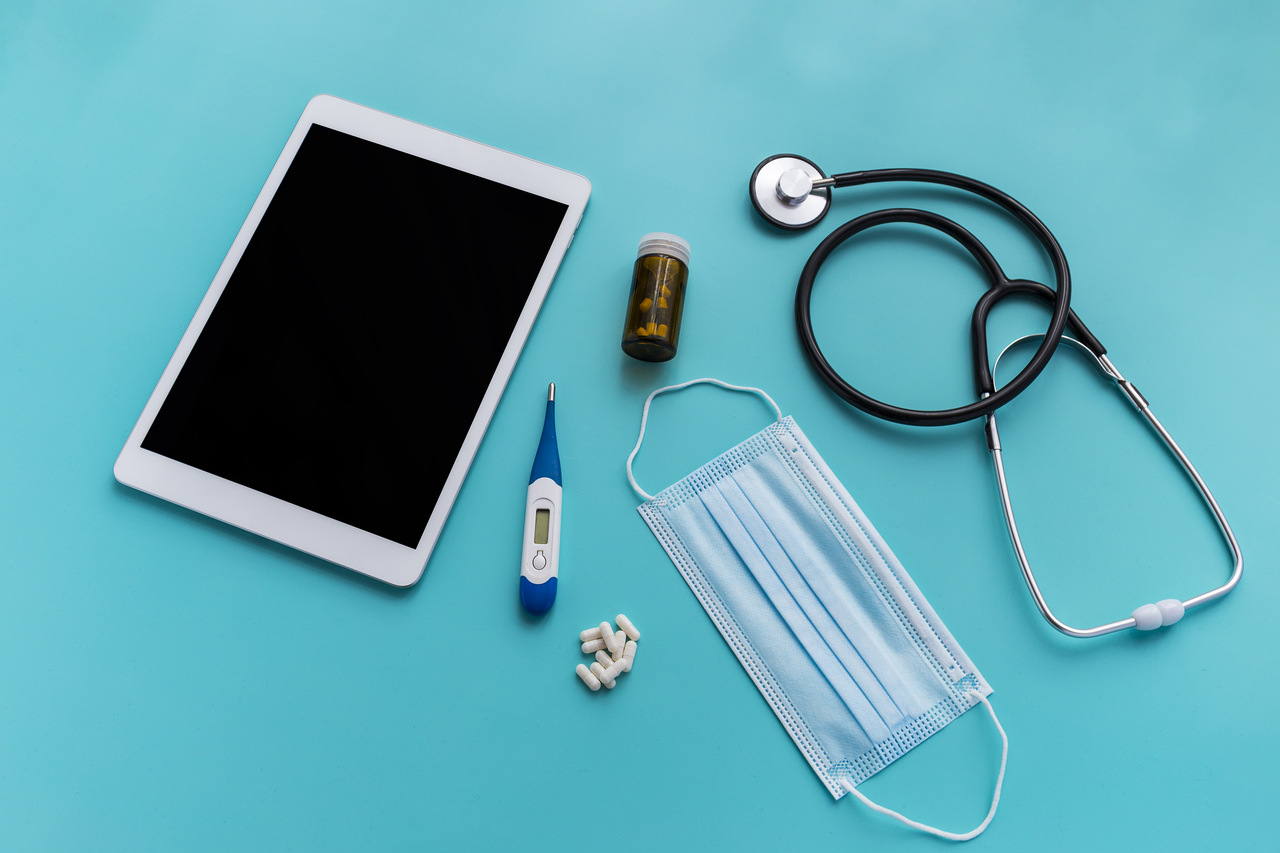Delays in medical device certification and innovative healthtech and biotech start-ups

Delays in medical device certification in Europe are negatively affecting innovative healthtech and biotech start-ups. There are even opinions that the Medical Device Regulations could lead to an impasse as companies wait for old and new devices to be certified under the new regulations.
The confusion is caused by the Medical Device Regulation, which went into effect in 2021. It establishes new criteria for obtaining the CE mark required to market a medical device in Europe. The tightening of legal regulations for manufacturers is caused by many medical incidents that have taken place in the medical device industry in recent years. Under the new regulation, products already placed on the market must be reassessed against stricter criteria in order to retain their CE markings. On the other hand, manufacturers of new products often have to introduce changes in the design of the product to meet new requirements. In addition, new legal regulations and guidelines are being implemented day by day, which additionally causes chaos and lack of understanding.
Applications for certification of medical devices are processed by independent organizations approved by the European Commission – Notified Bodies, which also had to be re-certified to demonstrate compliance, and the process was slow and arduous. There are now around 40 Notified Bodies across Europe, but they have proved unable to meet the demand for certification and recertification. As a result, the EU has extended recertification deadlines, but companies with new equipment are facing long delays.
True, the European Council has extended the deadlines, but the increasingly long wait for certification is crippling start-ups that need approval to attract investors and bring innovative medical devices to the market. Companies that operate outside the European market, such as start-ups from Africa or Asia, are in a more favorable situation.
Many European start-ups need to raise more money in order to survive the long waiting time to obtain the CE mark and pay for expensive tests. What’s more, this uncertain situation often leads the investors who are willing to take the risk of supporting a company before it gets the CE mark, to commit only limited amounts.
Another trend is evident in the market – start-ups for which the primary market remains in Europe are considering initial implementations in other markets with more streamlined certification processes – such as the US, where the timeline of the FDA process is much better defined and organized than the European process. It happens that in the EU market it takes 9-18 months to reach a decision, while the FDA issues a decision within 90 days. Prioritizing the United States is an increasing choice for European medical device start-ups.
Start-ups want a more open validation system, with more support and more transparent, standardized and accelerated procedures that could reduce uncertainty and shorten the time to market products.
We encourage you to watch a video featuring MDR Regulator CEO Katarzyna Wesolowska, in which she explains the conditions for marketing medical devices during the transition period.
Video footage: